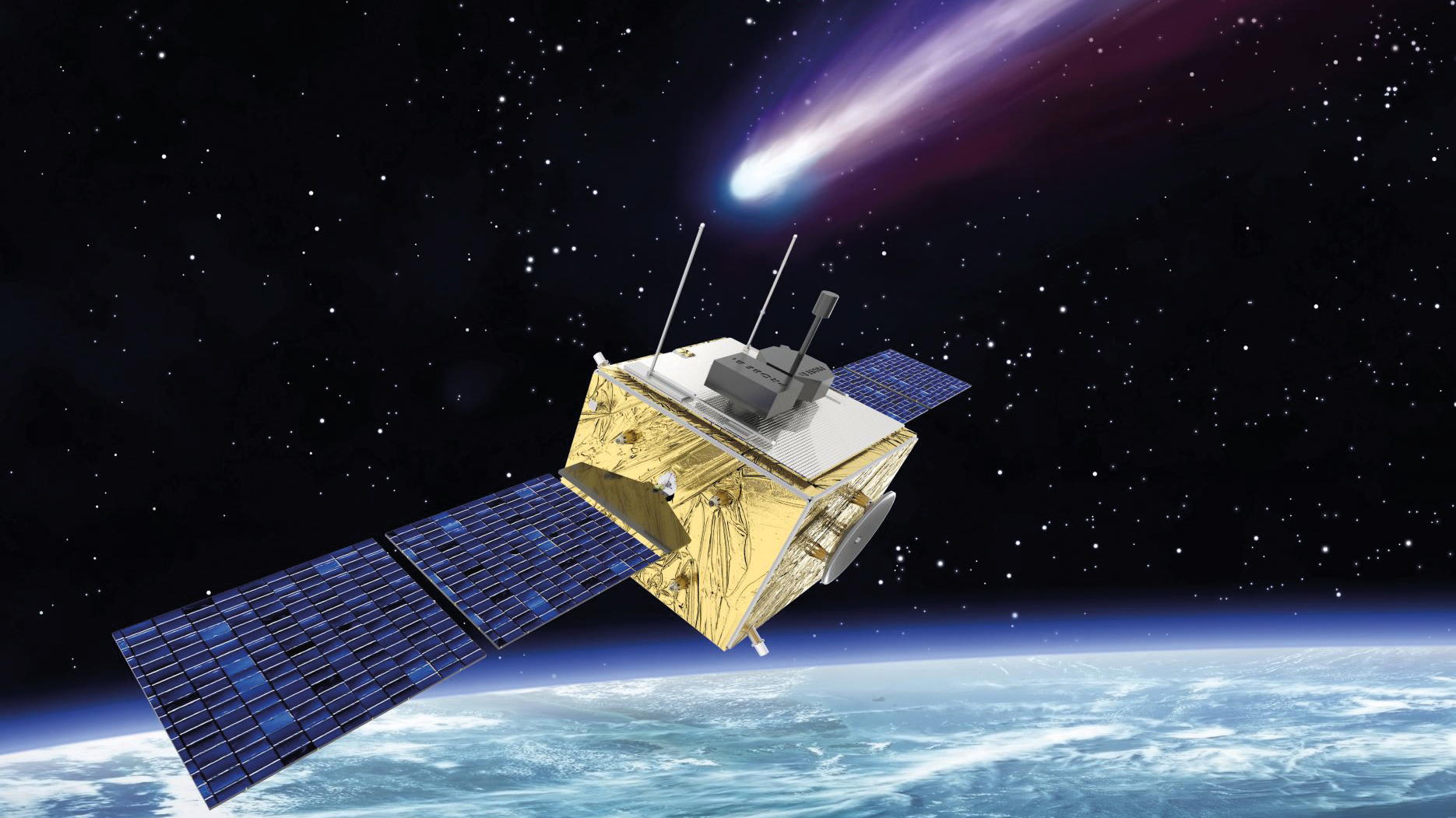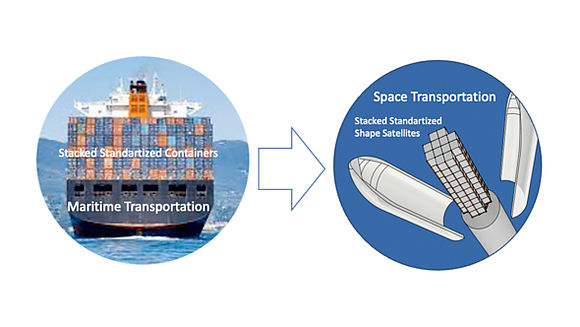Nowadays, in-space propulsion is either chemical with storable propellant or electric with solar power. However, these technologies are approaching their physical limits, beyond which an increase of the performance is impossible. A new type of nuclear-based electric propulsion (NEP) should address passing these limits and enable the space logistics to be upgraded to a new league. NEP could positively impact flights to distant areas of our Solar System, transportation of heavy cargos, human bases on the Moon or Mars.
Important milestones
Project started in March 2023 and will run for a period of 12 months, during which the RocketRoll project will focus on overview of existing European experience, technology, and industrial capabilities for the development of such vehicle, as well as a preliminary conceptual design of a NEP engine. A necessary condition is the assessment of safety constraints from the early stages of the design.
As the last milestone, NEP consortium will perform market analysis and feasibility of the target mission launch in 2035 and in connection will develop a roadmap to achieve this goal.
Cooperation
OHB Czechspace is supported by scientists from the Czech Technical University in Prague, Institute of Space Systems (IRS) from the University of Stuttgart, and propulsion system engineers from OHB System in Bremen.
Customer
Our customer is the European Space Agency (ESA). OHB Czechspace leads the entire feasibility study and coordinates the activities of Czech and German experts.
The upcoming study is a part of an ESA FLPP team (Future Launchers Preparatory Programme) project called RocketRoll (pReliminary eurOpean reCKon on nuclEar elecTric pROpuLsion for space appLications).







